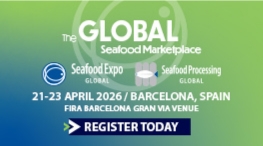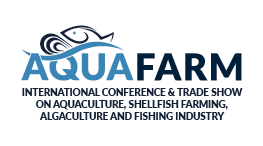After five years of discussions, the European Parliament and the European Council have agreed on and formally approved a deal in which rules on monitoring and control of fishing activities, including discarding at sea, are revised and simplified to encourage Member States to better carry out their control responsibilities to comply with the Common Fisheries Policy (CFP) more fully. EU fisheries suffer from many problems, including overfishing, at-sea discards, illegal, unreported, and unregulated fishing (IUU), and other unlawful actions in every sea under EU jurisdiction, as well as an “uneven playing field” between different seas, fisheries and fleets that result from unequal application of the responsibilities and obligations of different Member State authorities.
To harmonize the application of the CFP across the EU, the new control rules announced by the Parliament and Council modernise the controls used to monitor fishing, incorporating modern technological developments. In addition to monitoring fleets, the revised rules improve traceability of vessels’ catches “from the net to the plate” and sanction violators along the supply chain. The revisions of the rules include full digitalisation, new technologies and modern data management. Control of fishing will be expanded by obliging geo-localisation of all vessels regardless of their size, and mandating catch records in recreational fisheries. All fishermen will need the ability to record and report their catches electronically, such as by user-friendly apps on mobile devices to minimise burdens. Vessels over 18 m in length will be required to have on-board cameras to eliminate the practice of discarding unwanted catches at sea, which is illegal.
At first, traceability rules will apply to fresh or frozen fishery and aquaculture products, and later to processed products until they reach the consumer who will be better informed. Traceability rules also apply to imported products. Importers will be required to use an IT tool called CATCH, which enables a simpler and faster exchange of information between the different stages of international product supply. This will help eliminate IUU-sourced products and improve fishery management. While the EU regulation entered into force on 9 January 2024, the phase-in of some new rules will take up to five years to allow for adjustment, especially for smaller enterprises.









